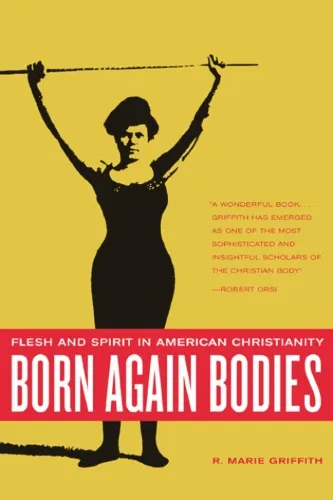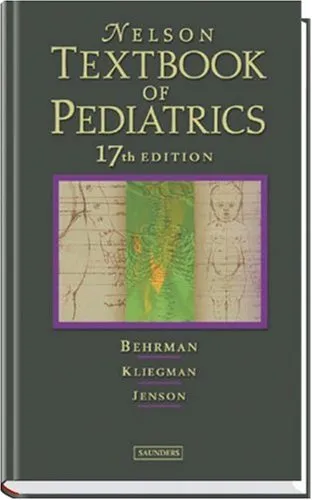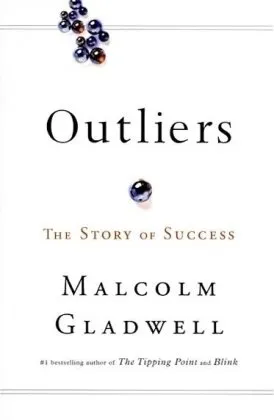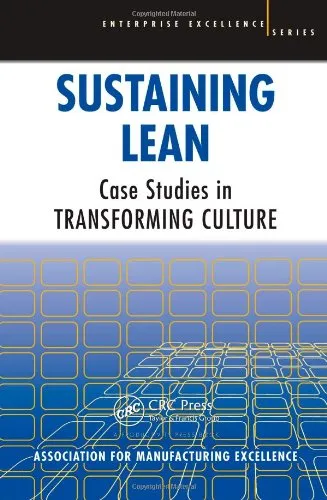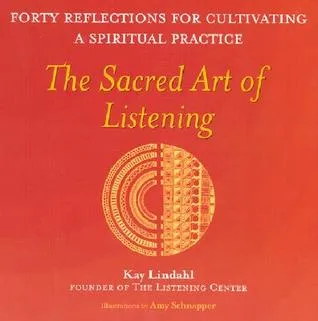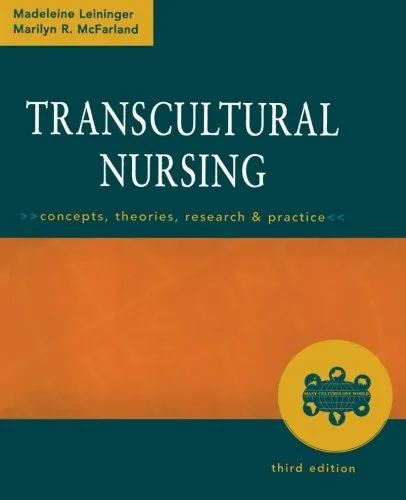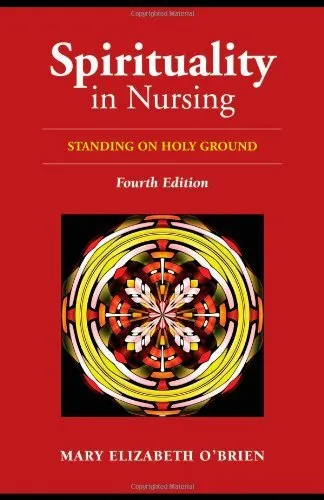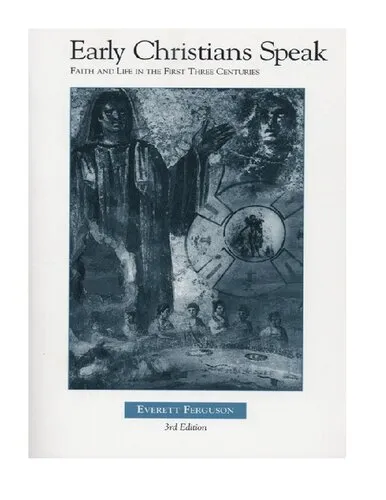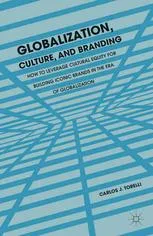Born Again Bodies: Flesh and Spirit in American Christianity (California Studies in Food and Culture, 12)
4.5
Reviews from our users

You Can Ask your questions from this book's AI after Login
Each download or ask from book AI costs 2 points. To earn more free points, please visit the Points Guide Page and complete some valuable actions.Related Refrences:
Introduction to 'Born Again Bodies: Flesh and Spirit in American Christianity'
Written by R. Marie Griffith, 'Born Again Bodies: Flesh and Spirit in American Christianity' examines the complex and often surprising ways that body, faith, and identity intersect within American Christianity. This insightful exploration digs deep into the cultural, theological, and social dimensions of how American Christians have regarded physical health, weight loss, and bodily discipline as avenues for spiritual salvation and moral embodiment.
The work not only illuminates the historical and religious roots of popular diet movements but also uncovers the often-overlooked spiritual battles associated with health and flesh in modern America. By delving into the intertwining of Christianity, consumerism, and body image, the book provides readers with a profound understanding of how believers have attempted to align physical transformation with spiritual fulfillment.
Detailed Summary of the Book
'Born Again Bodies' charts the history of America’s obsession with bodily perfection through the lens of its Christian culture. Beginning with 19th-century movements rooted in evangelical Christianity, Griffith examines how early leaders drew a direct connection between stringent bodily discipline and moral virtue. Fast-forward to contemporary society, the book reflects on fitness programs, diet fads, and health regimens that align themselves with Christian values.
Griffith delves into the ways faith communities have integrated spiritual practices with physical health, whether through popular figures like Sylvester Graham or more modern Christian weight-loss programs like Weigh Down Workshop. She analyzes how these programs have evolved over time, shaped by cultural trends, theological shifts, and increasing body commodification in America. The book explores issues of self-control, sin, redemption, and how the body reflects inner piety.
By weaving together archival research, interviews, and case studies, Griffith skillfully brings to light the cultural significance of weight-loss movements within American evangelicalism while critiquing their impact on gender, class, and consumer culture. She reveals how pressure to maintain a godly body has often burdened believers, especially women, with unrealistic societal expectations, intertwining discipline with patriarchal control. The book illustrates a fascinating tension between bodily freedom and restraint, questioning where the line between spiritual devotion and cultural conformity blurs.
Key Takeaways
- The American Christian approach to diet and fitness has deep historical roots, beginning with 19th-century evangelical health movements.
- Faith-based diet movements often emphasize self-control, tying weight loss, or health improvement to moral and spiritual worth.
- Christian weight-loss programs reflect broader cultural anxieties about the body, sin, and identity, with significant implications for issues like gender and consumerism.
- The blending of spirituality and capitalism has led to the commercialization of Christian diet beliefs, impacting how believers navigate faith and body image.
- Women have been disproportionately affected by these movements, facing heightened expectations to achieve bodily perfection as a reflection of their spiritual commitment.
Famous Quotes from the Book
"The body became inextricably linked to notions of sin and redemption, reshaping the spiritual journey into both an internalized and externalized battle."
"Christian diet programs do not merely encourage faith and healthy eating but perpetuate cultural ideals of thinness and bodily control as reflections of spiritual worth."
"The struggle for self-discipline in matters of the body parallels a larger cultural tension between religious humility and individualistic achievement."
Why This Book Matters
At its core, 'Born Again Bodies' is a book about more than diet culture or religious history—it is a critical reflection on how spirituality and the body cannot be disentangled in American Christian traditions. It uncovers the social and theological dynamics that drive body-shaming, consumerism, and the quest for control in society.
Griffith’s work speaks to contemporary issues of body politics, offering a historical perspective that is essential for understanding modern debates around faith, health, and societal beauty standards. As such, this book is not only ideal for theologians and historians but also deeply relevant for anyone who has grappled with questions of body image, identity, and religious conformity. By shedding light on these underexplored dynamics, 'Born Again Bodies' bridges the gap between academic inquiry and personal reflection, marking itself as a critical text for understanding the shaping of American spirituality and bodily ideals.
Free Direct Download
You Can Download this book after Login
Accessing books through legal platforms and public libraries not only supports the rights of authors and publishers but also contributes to the sustainability of reading culture. Before downloading, please take a moment to consider these options.
Find this book on other platforms:
WorldCat helps you find books in libraries worldwide.
See ratings, reviews, and discussions on Goodreads.
Find and buy rare or used books on AbeBooks.
1286
بازدید4.5
امتیاز0
نظر98%
رضایتReviews:
4.5
Based on 0 users review
Questions & Answers
Ask questions about this book or help others by answering
No questions yet. Be the first to ask!
